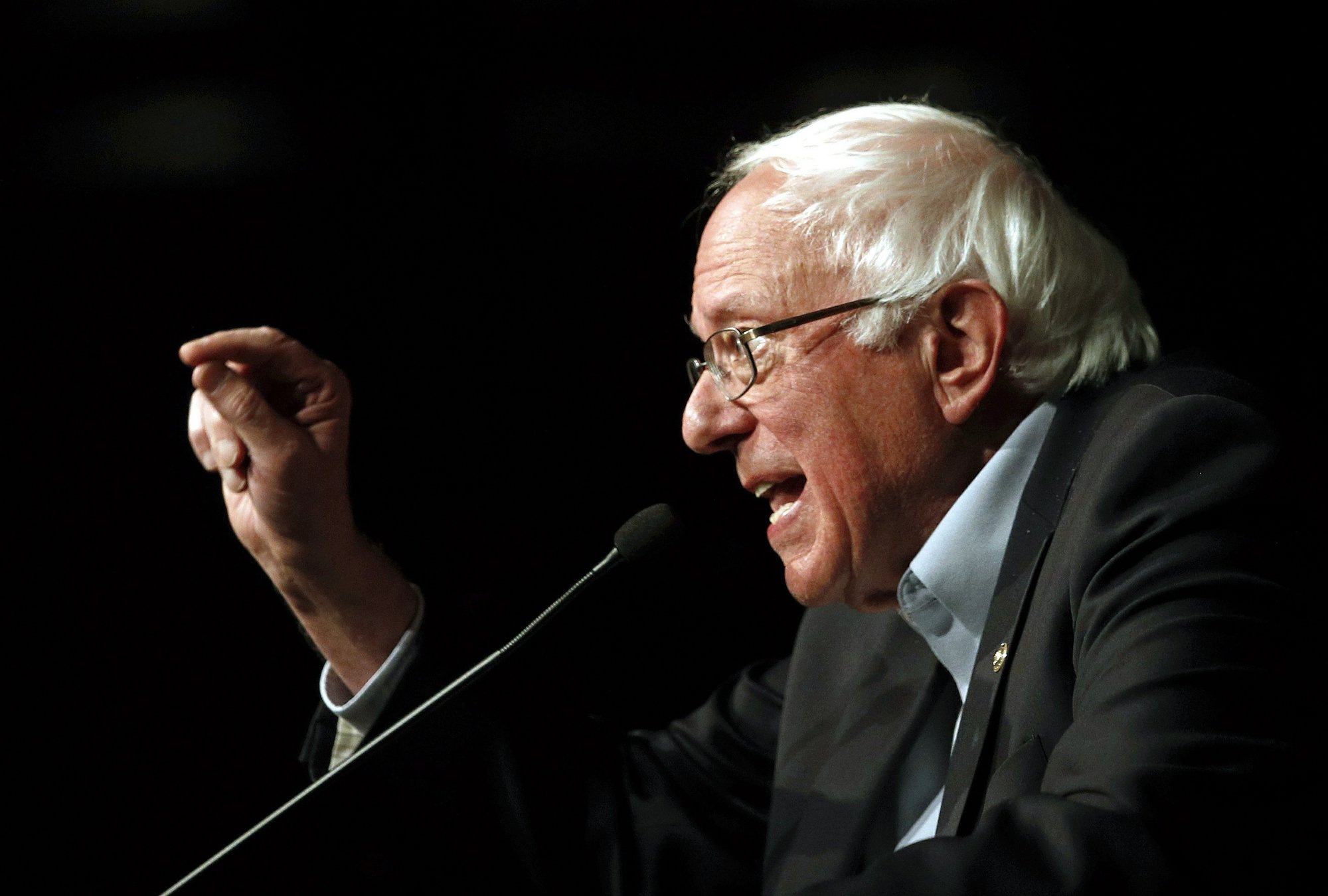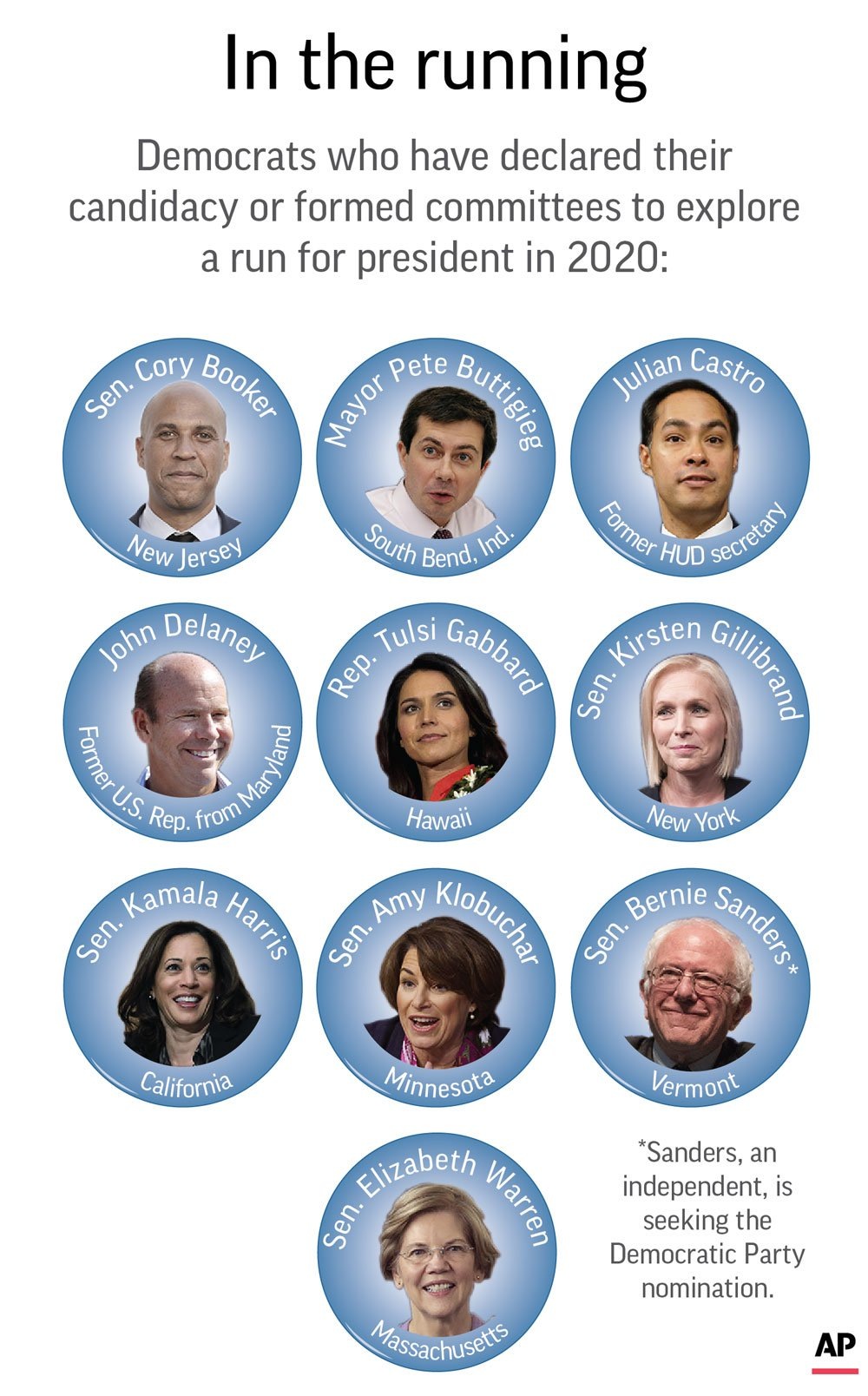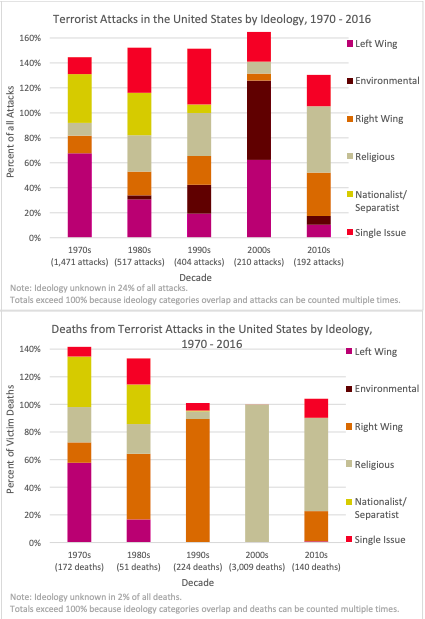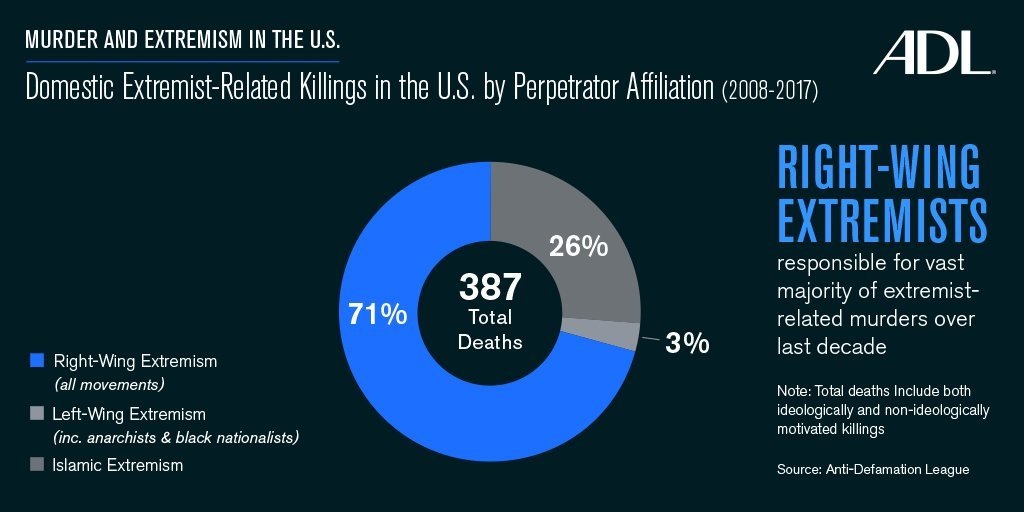https://www.apnews.com/2e3000a819b243068007db3e0d61db82
Analysis: Sanders may not need 2016 magic to be 2020 force
 FILE - In this Oct. 30, 2018 file photo, Sen. Bernie Sanders, I-Vt., speaks at a campaign rally in Bethesda, Md. Can Sanders recapture the magic that fueled his first presidential campaign? To win the nomination, he may not need to. As Sanders, a 77-year-old self-described democratic socialist, formally launches his 2020 campaign, the lessons of President Donald Trump’s victory in the GOP’s packed 2016 contest loom large. (AP Photo/Patrick Semansky, File)
FILE - In this Oct. 30, 2018 file photo, Sen. Bernie Sanders, I-Vt., speaks at a campaign rally in Bethesda, Md. Can Sanders recapture the magic that fueled his first presidential campaign? To win the nomination, he may not need to. As Sanders, a 77-year-old self-described democratic socialist, formally launches his 2020 campaign, the lessons of President Donald Trump’s victory in the GOP’s packed 2016 contest loom large. (AP Photo/Patrick Semansky, File)
NEW YORK (AP) — Can Vermont Sen. Bernie Sanders recapture the magic that fueled his first presidential campaign?
To win the nomination, he may not need to.
As Sanders, a 77-year-old self-described democratic socialist, formally launches his 2020 campaign, the lessons of President Donald Trump’s victory in the GOP’s packed 2016 contest loom large.
With better-established Republican contenders dividing the GOP primary vote that year, Trump began racking up primary victories with 30 to 40 percent of each state’s vote. He captured his party’s nomination even as six or seven of every 10 primary voters backed another Republican candidate.
Sanders’ team is betting that the bar for victory in the more-crowded 2020 Democratic field could be even lower. That simple math — and an extraordinary small-dollar fundraising operation — suggests that Sanders is poised to maintain his status as a political force in 2020 whether most of his party wants him to or not.
Sanders is showing no desire to change his approach to broaden his appeal, as is sometimes the case with ambitious second-time candidates. Nina Turner, president of Our Revolution, the political arm of Sanders’ expansive network, said the 2020 campaign “is really about him finishing what he started.”
 Graphic shows Democratic candidates for president.
Graphic shows Democratic candidates for president.
In a political world in which windows of opportunity rarely stay open long,
it’s possible that Sanders’ moment may have passed.
In 2016, he was the sole option for anti-establishment Democrats who didn’t support Hillary Clinton. Today, Democrats are sorting through a far more diverse field that could ultimately exceed two dozen high-profile contenders.
Many of them — and there are exceptions — have adopted Sanders’ far-left policy priorities and anti-establishment rhetoric.
Signs of erosion are easy to find.
While many grassroots activists cheered Sanders’ decision, New York Rep.
Alexandria Ocasio-Cortez, another self-described democratic socialist and a worker for Sanders’ first presidential campaign,
remained silent.


“We’re excited to see so many progressives in the race,” Ocasio-Cortez spokesman Corbin Trent said, declining to address Sanders’ big announcement directly. “We’re not thinking at all about the next election.”
Sanders enters a field that already includes progressive favorites like Massachusetts Sen. Elizabeth Warren, New Jersey Sen. Cory Booker and California Sen. Kamala Harris.
They have adopted much of Sanders’ agenda to provide free universal health care, free college tuition and a $15 minimum wage. Still unknown is whether former Texas Rep. Beto O’Rourke or former Vice President Joe Biden will join the race, two prospects who could peel away some of Sanders’ base of support beyond the ultra-liberal wing of the party.



 仲有ANTIFA打傷人係遠超Nazi/KKK, 片自己Youtube啦
仲有ANTIFA打傷人係遠超Nazi/KKK, 片自己Youtube啦








